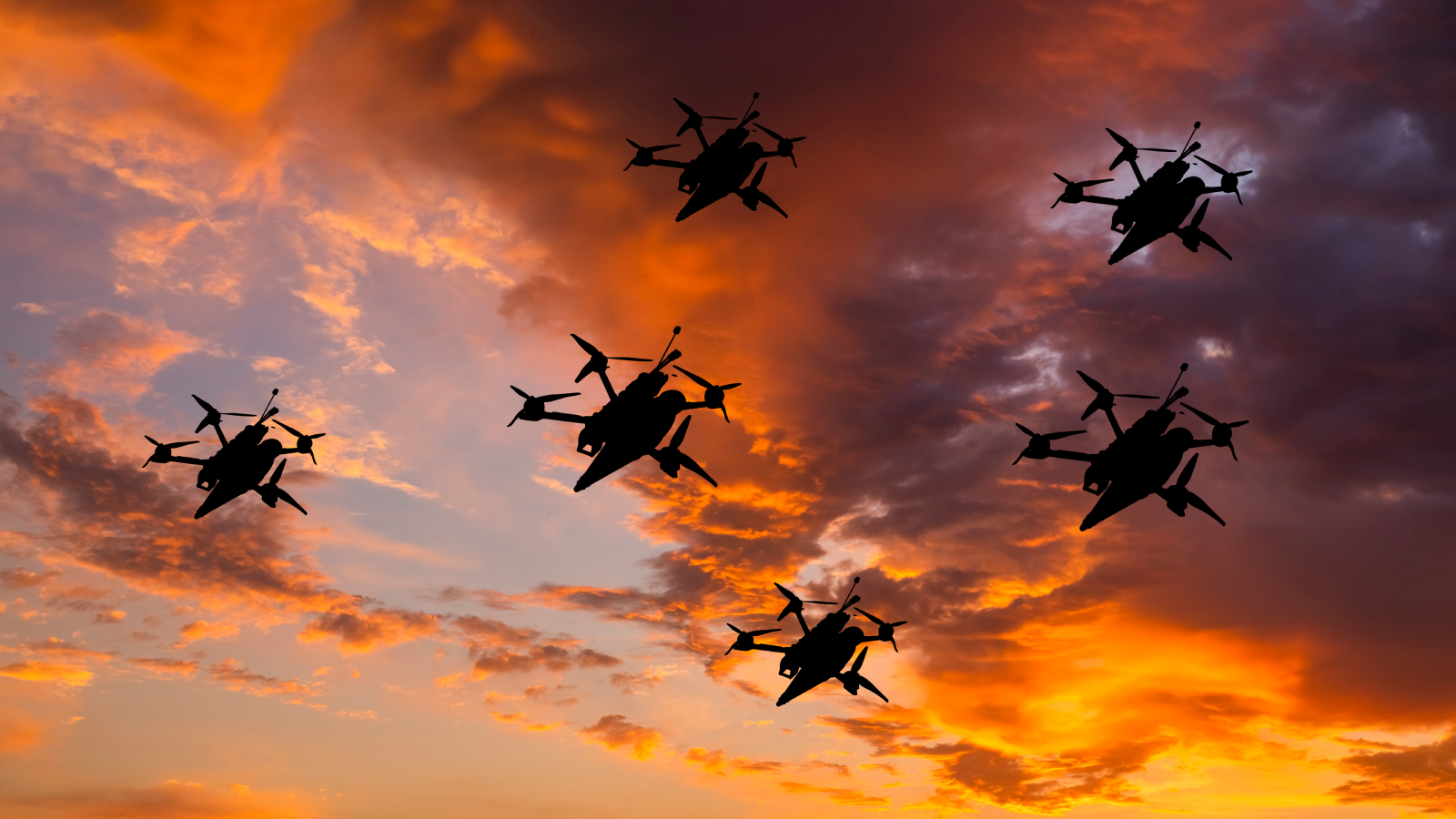
Scientists are developing an artificial intelligence (AI) chip the size of a grain of rice that can mimic human brains — and they plan to use it in miniature drones.
Although AI can automate monotonous functions, it is resource-intensive and requires large amounts of energy to operate. Drones also require energy for propulsion, navigation, sensing, stabilization and communication.
Larger drones can better compensate for AI’s energy demands by using an engine, but smaller drones rely on battery power — meaning AI energy demands can reduce flying time from 45 minutes to just four.
But this may not be a problem forever., Suin Yi and his team at the University of Texas have been awarded funding by the 2025 Air Force Office of Scientific Research Young Investigator Program (part of the Air Force Office of Scientific Research) to develop an energy-efficient AI for drones. Their goal is to build a chip the size of a grain of rice with various AI capabilities — including autonomous piloting and object recognition — within three years.
AI-powered miniature drones
To build a more energy-efficient AI chip, the scientists propose using conducting polymer thin films. These are (so far) an underused aspect of neuromorphic computing; this is a computer system that mimics the brain’s structure to enable highly efficient information processing.
The researchers intend to replicate how neurons learn and make decisions, thereby saving energy by only being used when required, similar to how a human brain uses different parts for different functions.
Although neuromorphic computing was first proposed by scientist Carver Mead in the late 1980s, it is a field of computer design theory that is still in development. In 2024, Intel unveiled their Hala Point neuromorphic computer, which is powered by more than 1,000 new AI chips and performs 50 times faster than conventional computing systems.
Meanwhile, the Joint Artificial Intelligence Center develops AI software and neuromorphic hardware. Their particular focus is on developing systems for sharing all sensor information with every member of a network of neuromorphic-enabled units. This technology could allow for greater situational awareness, with applications so far including headsets and robotics.
Using technology developed through this research, drones could become more intelligent by integrating conducting polymer material systems that can function like neurons in a brain.
If Yi’s research project is successful, miniature drones could become increasingly intelligent. An AI system using neuromorphic computing could allow smaller and smarter automated drones to be developed to provide remote monitoring in confined locations, with a much longer flying time.
